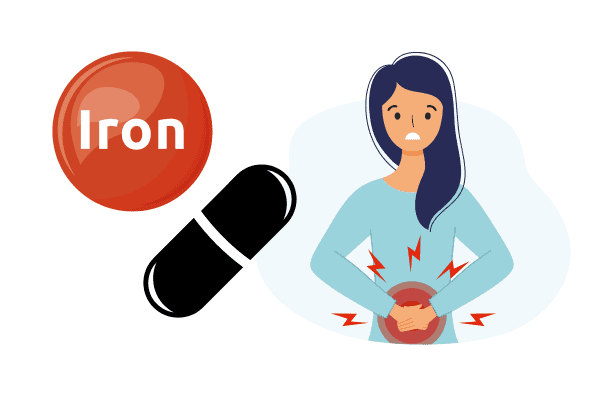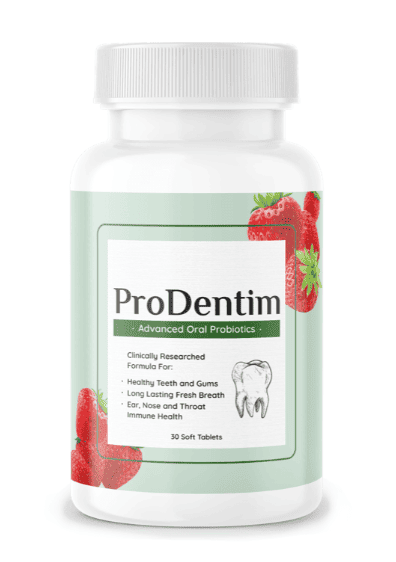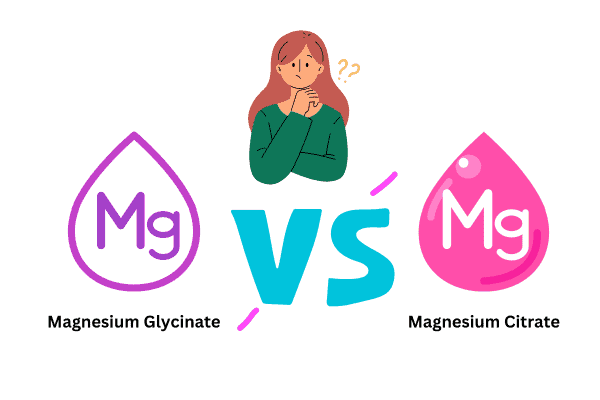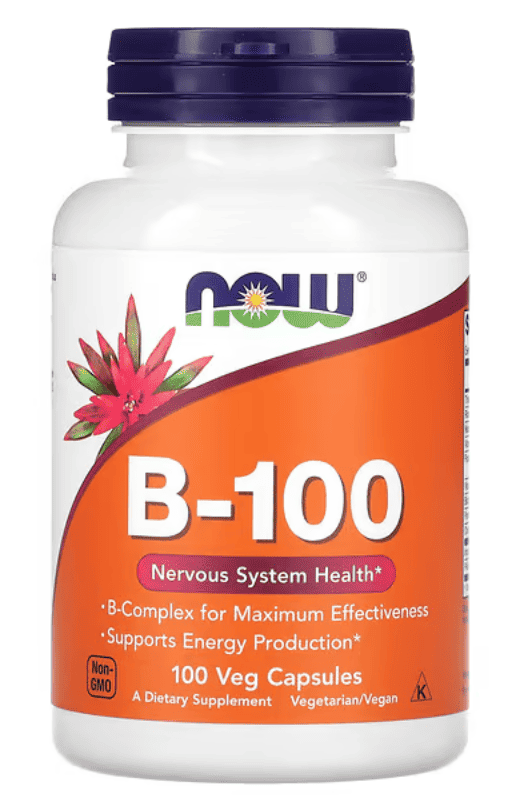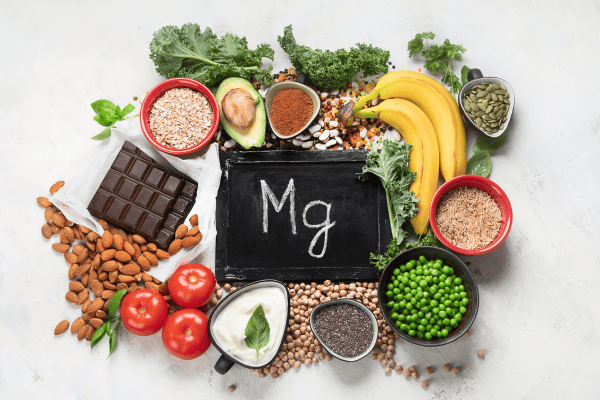What to Do if Iron Supplements Cause Stomach Pain: Your Quick Guide
Your Go-To Guide for Dealing with Iron Supplement Side Effects
Ever swallowed a ferrous sulfate pill, a commonly used iron supplement, and instantly felt your gastrointestinal tract protest? You’re not alone. These iron supplements, often taken to combat iron deficiency, can sometimes result in literal gut pain. It’s one of the side effects that certain medicines like these can cause.
Iron plays a pivotal role in our bodies, aiding oxygen transport and DNA synthesis. However, overload can cause discomfort, potentially leading to chronic gastritis or a gastric ulcer. Understanding what you’re ingesting is critical, especially regarding dietary supplements like ferrous sulfate, ferrous gluconate, or polysaccharide-iron complex. These can harm the epithelial surface of your gastrointestinal tract if not taken correctly.
While generally safe, side effects, such as ferrous sulfate, are common with iron supplementation. This information isn’t meant to scare you but to teach you about potential gastrointestinal issues. Knowing is half the battle when dealing with chronic gastritis or a gastric ulcer caused by supplements! So let’s explore this topic and what to do if iron supplements cause stomach pain.
Why Iron Supplements May Cause Stomach Pain
Have you ever swallowed an iron pill and experienced stomach irritation or an upset stomach? This could be a side effect, possibly indicating gastritis. Here’s why.
Iron vs. Stomach Lining
Iron supplements, particularly ferrous sulfate, can be a bit of a bully to your stomach lining, often causing gastritis. Like sandpaper rubbing against softwood, they can cause discomfort or even damage. This irritation is often the root cause of the pain you’re experiencing, one of the side effects of this supplement.

Overdosing on Iron
Ingesting excessive ferrous sulfate is akin to over-partying – it upsets not just everyone around but, in this case, your digestive tract or stomach. High doses can lead to gastritis or inflammation, causing abdominal pain or discomfort, which are side effects of an upset stomach.
The Sensitivity Factor
Some folks are more sensitive than others, especially regarding stomach irritation and side effects from certain types of iron supplements like ferrous sulfate. It’s akin to how some people can’t handle spicy food while others casually gobble down chili peppers for fun. Your body might not vibe with ferrous sulfate, potentially leading to gastritis.
Timing and Method Matters
When and how you take these medicines also play a part in this stomach irritation drama, often linked to gastritis, in gastroenterology.
- Are you taking oral iron supplements on an empty stomach? That may be a recipe for trouble, especially if you’re not getting enough iron from medicines.
- Are you swallowing oral iron supplements whole? Medicine suggests crushing or breaking them up instead to avoid stomach irritation. This dietary supplement strategy may help.
- Are you drinking less water? Hydrate yourself more!
How you consume iron supplements may be the difference between a happy tummy and stomach irritation. This information should be discussed with a healthcare professional to ensure your tummy isn’t doing somersaults.
So next time you pop an iron pill or dietary supplement, remember these points and consider possible stomach irritation! Always consult your health care professional.
Understanding Iron Pill Gastritis
Iron pill gastritis is a health care issue where the lining of your stomach may get inflamed due to an iron supplement. It’s like your stomach throwing a tantrum because it doesn’t like the new guest.

Several factors can push your stomach over the edge:
- Overdose of iron pills
- Taking pills on an empty stomach
- Existing gastritis condition
When your tummy is experiencing stomach irritation, you may feel the effects of iron deficiency anemia or even iron poisoning.
- Abdominal pain or cramps
- Nausea or vomiting
- Dark stools
If you ignore these signs and let them slide, chronic gastritis can sneak up on you. Imagine having a constant upset tummy in May, potentially due to iron deficiency. Not fun, right? Don’t overlook the importance of iron supplementation and monitoring iron deposition.
Leaving iron pill gastritis untreated for a long may lead to more severe problems.
- Chronic inflammation causing ulcers
- Increased risk of stomach cancer
- Anemia due to decreased absorption of iron
So remember, in May, if those iron tablets make your belly grumble more than usual, don’t just brush it off as another side effect. Listen to what your body is trying to tell you!
Preventive Measures Against Stomach Pain
Correct Dosage and Timing
Ensuring the correct dosage and timing in May is the key to avoiding abdominal pain when taking iron supplements. Overdosing can upset your stomach, leading to discomfort or even a gastric ulcer. Always follow the recommended dosage on the medication label or as a healthcare professional prescribes, particularly during May.
Take with Meals
Iron pills may be harsh on an empty stomach. Taking them with meals or after eating may minimize gastrointestinal distress. It’s like adding padding to a rough ride, protecting your stomach from direct contact with certain medicines that may irritate it.
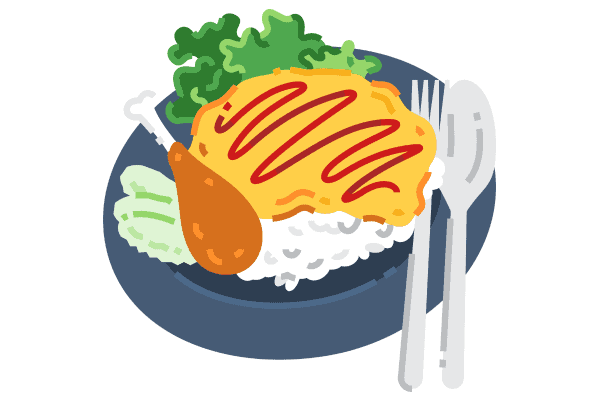
Hydrate Yourself
Drinking plenty of water may be crucial during supplementation. Water may aid in digestion, preventing constipation commonly associated with iron pills. Think of it as lubricating your gastrointestinal tract, easing the pill’s journey.
Consider Different Formulas
If you’re still experiencing an upset stomach despite following these measures, consider switching to slow-release formulas or coated tablets. This may be especially relevant if you’re dealing with iron deficiency and using iron supplementation, as it can lead to iron deposition.

- Slow-release formulas may release iron gradually, reducing the chance of upsetting your stomach.
- Coated tablets, which may have a protective layer, prevent direct contact between the iron deposition medicine and your stomach lining, thereby avoiding potential iron deficiency.
Always seek medical attention if you experience persistent abdominal pain while taking iron supplements during pregnancy or under other circumstances. Your gastroenterology specialist may need to adjust your diet or recommend alternative medicines based on your symptoms and overall health.
To sum up:
- Follow the correct dosage and timing.
- Take pills with meals.
- Drink plenty of water.
- Consider slow-release formulas or coated tablets.
These preventive measures may help ensure a smooth journey for patients through their course of iron supplementation without unnecessary pit stops for stomach pain!
Managing Iron Supplements-Induced Stomach Irritation
Have you got tummy trouble from iron supplements in May? Don’t sweat it. Here’s a quick rundown of what you can do.
Over-the-Counter Antacids or Acid Blockers
Pop into your local drugstore in May and look for these lifesavers. They’re great at easing stomach irritation caused by iron supplements taken in May. Just like a fire extinguisher puts out flames, these bad boys can help douse the burning feeling in your gut that may arise.
Examples:
- Tums
- Zantac
- Pepcid AC
Switch Up Your Supplement Brand or Type
Not all iron supplements are created equal. If one brand gives you grief in May, try another. It’s like trying on shoes in May – sometimes, you must switch brands to find the perfect fit.
Options:
- Slow-release capsules
- Liquid iron supplements
- Chewable tablets
Take a Break From Supplements
Sometimes, your stomach may need a breather from the iron onslaught. Think of it as a vacation for your gut – no work in May, just rest and recovery.
Note: This is only temporary! Don’t forget to get back on track after a few days.
Visit Your Healthcare Provider
If none of these tips cut it and the pain persists, haul yourself to your healthcare provider. They know how to tackle stubborn stomach irritation and set you right, even due to an iron deficiency.
Remember – enduring symptoms of iron deficiency isn’t brave; it’s just plain silly! So don’t tough it out; get help when you suspect iron deficiency.
Exploring Alternative Iron Supplement Solutions
Chewable, Liquid, and Gummy Alternatives
Iron supplements come in various forms. If iron pills are causing you stomach pain, consider chewable options or liquid iron. There are even gummy iron supplements that can be a tasty alternative.
- Chewable Iron: These are easy to digest and don’t have the harsh metallic taste of some oral iron supplements.
- Liquid Iron: This form is absorbed quickly by the body, making it a practical option for increasing iron levels.
- Gummy Iron: A fun and flavorful way to get your daily dose of elemental iron.
Effectiveness and Absorption Rates
The effectiveness of these alternatives is comparable to traditional oral iron supplementation.
- Chewable and liquid forms tend to have higher absorption rates for iron deficiency.
- Gummies might take longer, but they’re gentler on the stomach.
Keep in mind everyone has different tolerance levels for iron deficiency. What works for one person might not work for another in managing iron deficiency.
Dietary Sources of Iron
If you’re still struggling with supplement-induced stomach pain, turning to dietary sources could be your solution. Foods rich in easily digestible nonheme and ferrous iron can help combat deficiency:
- Red meat
- Poultry
- Seafood
- Leafy greens like spinach
- Fortified cereals
Remember, too much iron can also cause issues, so keep track of your intake!
So there you have it! Alternatives to traditional oral iron therapy exist if they’re causing you discomfort. It’s all about finding what works best for you!
Balancing Risks and Benefits of Iron Supplements
Necessity Versus Discomforts
Iron supplements can be a lifesaver, especially for women who need enough iron to prevent anemia. But what if iron supplements cause stomach pain? Small amounts might do the trick without causing discomfort.
Health Risks of Low-Iron Conditions
Low-iron conditions pose serious health risks:
- Fatigue
- Weakness
- Difficulty concentrating
Anemia is no joke. Your body needs iron to make red blood cells. Without enough, you’re running on empty.
Maintaining Optimal Iron Levels
It’s all about balance. Too little iron leads to anemia; too much can lead to interactions with other nutrients and medications. The key is maintaining optimal levels.
Here are some tips:
- Start with small amounts.
- Increase gradually.
- Monitor your body’s response.
When Benefits Outweigh Side Effects
Sometimes, the benefits outweigh the potential side effects. It’s a matter of weighing the pros and cons, considering your unique situation:
- Are you at risk of anemia?
- Can you tolerate small amounts of supplementation?
- Do the benefits of having enough red blood cells trump possible discomfort?
Navigating Iron Supplement Side Effects
Iron supplements can sometimes lead to stomach pain due to conditions like iron pill gastritis. However, there are preventive measures you can take to mitigate this discomfort. If these measures don’t work, consider exploring alternative solutions for your iron supplementation needs.
Managing the irritation caused by iron supplements is crucial for maintaining overall health and getting nutrients. It’s a delicate balance of understanding the risks and benefits of these supplements.
Your health is paramount; if you’re experiencing severe discomfort or pain from taking iron supplements, it may be time to consult a healthcare professional or nutritionist. They can guide alternative solutions that might suit your body’s specific needs.
FAQS – What to Do if Iron Supplements Cause Stomach Pain
Why do iron supplements cause stomach pain?
Iron supplements can irritate your stomach lining, leading to discomfort and sometimes even gastritis.
What are some preventive measures against stomach pain caused by iron supplements?
Taking the supplement with food, not lying down immediately after ingestion, and using slow-release formulations may help prevent stomach irritation.
How do I manage irritation caused by iron supplements?
Drink plenty of water, eat fiber-rich foods, and consider over-the-counter remedies after consulting with a healthcare professional.
What are some alternative solutions if I cannot tolerate oral iron supplements?
Intravenous (IV) Iron therapy or an iron-rich diet could be alternatives. Always consult with a medical professional before making changes to your treatment plan.
Are there any risks associated with taking too much or too little iron supplements?
Both scenarios pose potential health risks, such as constipation, diarrhea from too much intake, or anemia from inadequate information.
Remember, always prioritize your well-being above all else when dealing with supplement-induced side effects.
We’re reader-supported. We may earn an affiliate commission when you buy through links on our site.

Angus Robertson
Hi there! I’m Angus Robertson, a nutritionist and fitness enthusiast. I am passionate about helping people achieve optimal health through balanced nutrition, regular exercise, and mindful living. My blog, “My Fitness Health Journey,” aims to inspire and empower individuals to make positive lifestyle changes for a healthier and happier life.
